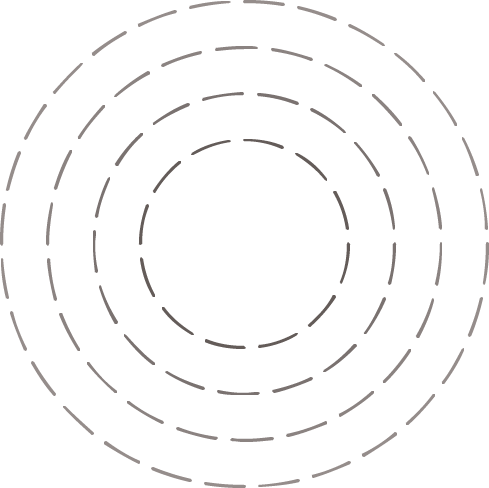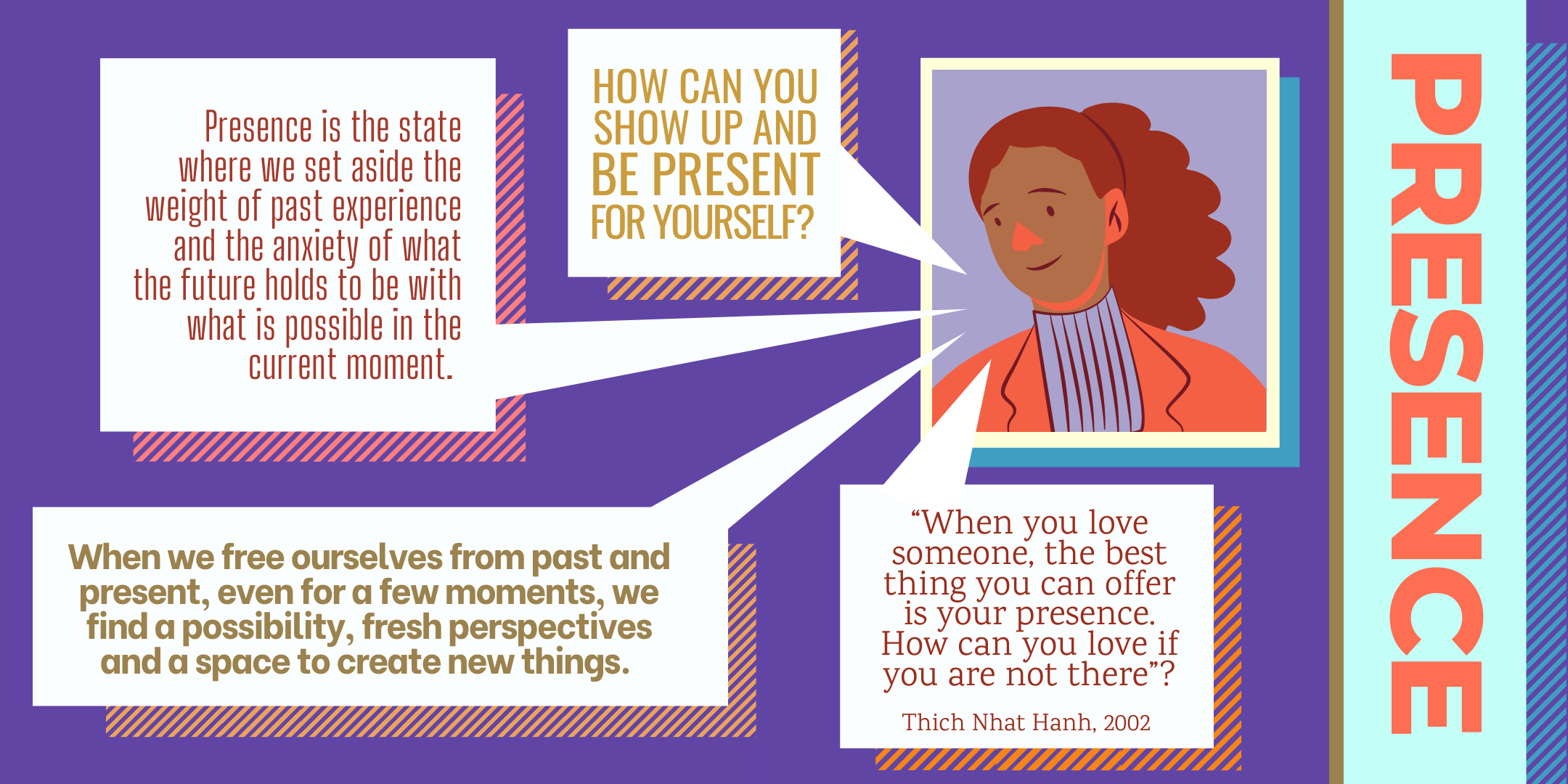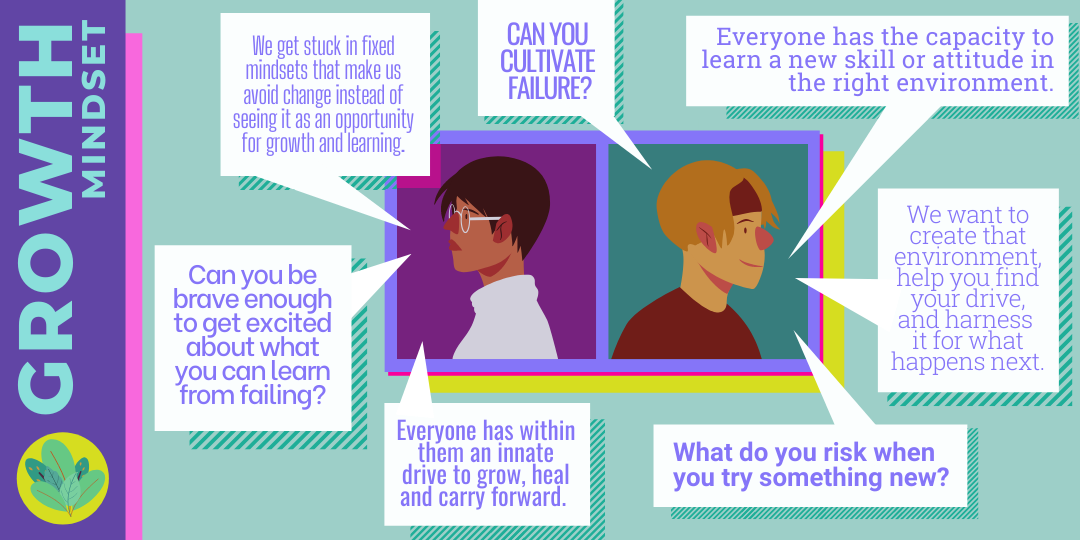
Welcome to WB, we’re here to help
What is WellBeing?
Based in Toronto, Canada, we offer a range of internet-based Coaching services that can help you find a new approach.
We're here to provide wellness, recovery, mental health, personal growth, Focusing, academic, and ADHD coaching. WB accompanies people through the process of personal change and growth.
Change come in all kinds of shapes and sizes for all sorts of people. You might be launching a new project, developing a new habit, addressing an old pattern that no longer suits you, or looking for growth and meaning. We're here to help you locate the inner resources, skills and talents you already possess so that we can put them to work.
Well Being's services are for adults and adolescents; they might be right for you if your catalyst is growing, learning, changing, finding meaning, fostering a deeper relationship with yourself, or trying new things. We can help connect you to the resources, skills and practices for managing your inner spaces, relationships and environment.
Please keep reading to find out more about Coaching; it might be right for you.
Learn more about what kind of questions to ask when you're considering Coaching.

Are you looking to make a change?
We’d be pleased to meet you via Zoom or phone and talk about coaching, wellness, growth, learning, failure, healing and human potential. Book a no-strings-attached consult and find out more.

VISION MISSION & VALUES
Our Mission
At the core of everything we do
our work
Outlook actioned
The code of our culture
Everyday hope is actively involved in motivation towards growth, which gives our lives meaning and purpose. Hope forms the narrative link between past, present and future. It motivates the direction and action of our lives and sustains us through the worst of times. Holding the possibility of something better when things are difficult or even terrible or dangerous, nourishes us when there is nothing else. The act of imagining what a better future might be is like a plant growing towards the light; this kind of active imagining alone improves feelings of wellbeing and agency.
Curiosity arises when we detect a gap in our knowledge or understanding: it is the feeling of desire for information that is yet unknown to us. It’s an internal cue for action like hunger or pain. It can feel like a frustration when the unknown is a need, for example, when you’re struggling to make a change, but don’t know where to start. It can feel more pleasurable when you know the outcome of finding the answer is going to be rewarding.
Self-compassion often requires practicing a shift in the attitudes we have about our ability to learn new things and what we believe about the process of learning itself. It might be counterintuitive to strive for imperfection and failure, but that's how learning happens. There are three intertwined domains to shift and strengthen to become confident, resilient learners.
First, decreasing harsh self-criticism and judgement and increasing a gentler, kinder approach to growth, exploration, learning. Part of reducing harsh self-judgement and criticism is making space for observing uncomfortable thoughts and feelings in the tradition of mindfulness, the second thing. We don't have to believe every idea we think or dive deep into every big feeling, but getting to know what they are and when they come up can provide important information about how to get out of stuck places. Lastly, putting your learning and growth into context. Learning something new can be difficult, and when we struggle, the thought often occurs that we are alone in the effort or that other people don't have these kinds of crises. Part of the beauty of coaching is that you're not alone, but learning to look up and be curious about how other people cope with struggle, or how they go about learning a specific thing helps us feel less alone and sometimes shows us the way forward.
Being present with yourself is the act of pausing, setting it all down, the "what's for dinner," and the "did I pay my phone bill" and being aware in that space between the past and the future; it's the act of being. This sounds simple, but it can take some practice. Our culture rewards being fast, busy, stressed and running on empty, and we often don't have tradition or instruction teaching us how to practice presence unless we seek it out. Learning to be present gives you new access to more deeply know and understand yourself and connect with others. New, fresh things come from this place, and we want to teach it and model it to our clients.
Adopting a growth mindset can increase motivation, achievement, self-concept and change and strengthen the architecture of our brains. A growth mindset is an attitude towards learning, specifically how we think about skills, challenges, effort, feedback and failure (Carol Dweck, 2007). These qualities interact and reinforce each other forming the beliefs we hold about our capacity to grow and change.
It takes effort to be skilled at anything. Malcolm Gladwell’s 2008 deep dive on success and achievement explains that the are very few people who are naturally talented or gifted at anything and that preparation and practice are at the core of skills and talent. Gladwell investigates people with extraordinary skills, musicians, surgeons, athletes, and finds that most of them had a specific advantage earlier in their life that made it possible to put in a remarkable number of hours; he estimates that number to be 10,000 hours, or 5 years if you work at it 40 hours a week. Imagine if you worked on yourself or your project for even 100 hours. Practice makes progress.
Shifting our relationship with failure can transform feedback and criticism from an attack on your smarts, skills and effort to another place to learn from. We believe change happens with positive, constructive feedback that is a reflection of your performance not your person. Feedback can be ⬆︎
another place to be curious and offers a new perspective of what your effort looks like from the outside. We want to draw your attention to your strengths and the parts of your process that are working and use them to address areas that aren’t.
We fail until we succeed and cultivating failure frees us to learn, grow, and try new things without the limiting belief that it’s a reflection of our intellect, ability or potential. Failure is the effort and is one of our best teachers; it cues curiosity and questions like “why didn’t that work”, ”what am I missing”, “how do other people do this”, “who could help”, or “how could I do it differently next time”?. Failure prompts us to reevaluate our goals and process, harnessing its learning potential makes it easier to persist.
It all adds up to how we approach challenges, A fixed mindset makes us avoid obstacles because they’re too difficult, uncomfortable, big, or they might reveal a weakness or deficit. This is existing, not being. A growth mindset approach to challenges frames them as an opportunity to grow and learn.
A very smart woman once said that ”your mind is more complicated than the whole universe, you can understand anything given a good enough explanation; anyone who tells you that something is too complicated to explain either doesn’t know the answer or is trying to sell you something”. It’s never too late to become a life-long-learner even if you’re out of practice, have encountered past failure, have learning differences, or have a beautiful neurodivergent brain.






















